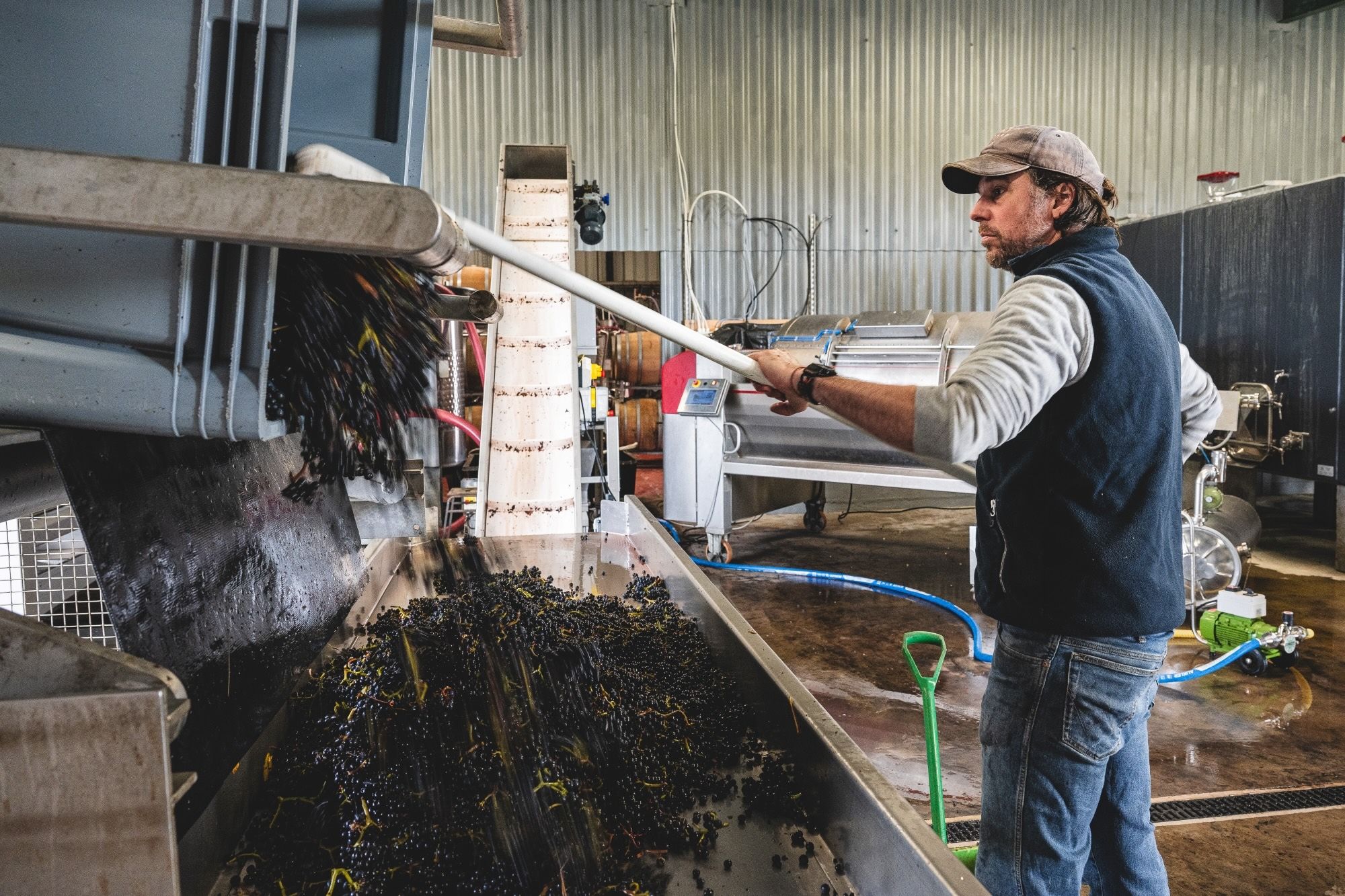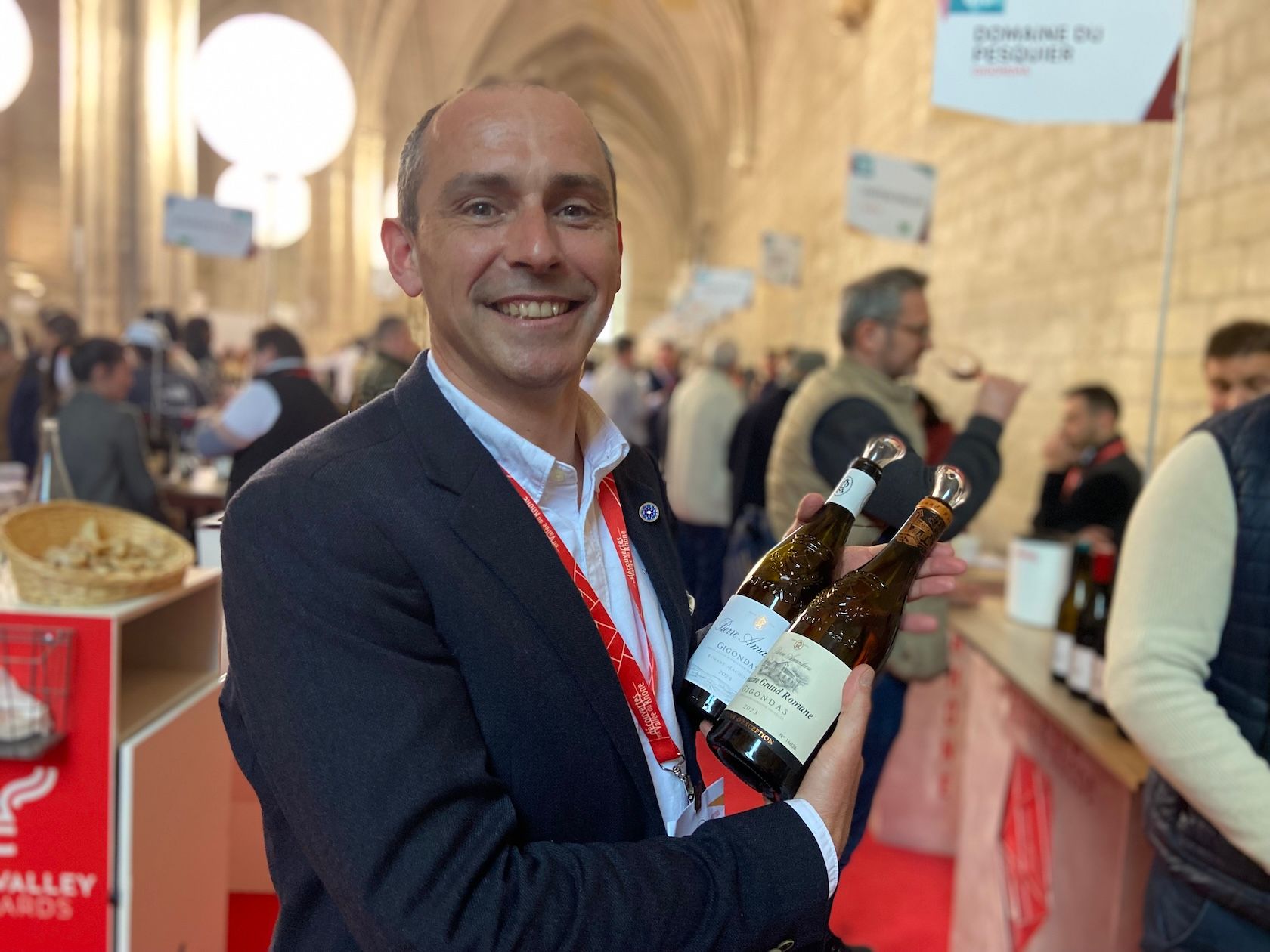We have all had to respond in our own way to the Covid-19 crisis. Here’s how Stephen Russell and the Copper Rivet Distillery reacted. If you would like to share your story then contact Richard Siddle at richardsiddle@btopenworld.com.
During the financial crash of 2007, I was ‘lucky’ to be working for the chief executive of one the worst affected banks. As events unfolded, we faced relentless waves of existential threats to the business and found ourselves at the epicentre of a global crisis.
Years later in 2020, and now into 2021, I found myself running my family’s Copper Rivet distillery in Chatham in Kent when the Covid-19 pandemic began. We suddenly found our business staring down the barrel of a gun. Yet again, but for different reasons, we were at the centre of a similarly unfathomable crisis.
Both of these experiences were intense and, they have a been a good lens through which to contrast a) life as a manager of a huge multinational conglomerate and b) life as an entrepreneur in a small family craft business.
Strangely, the pace of life and intensity are not dissimilar and, while the subjects of stress are different, the actual levels are about the same.
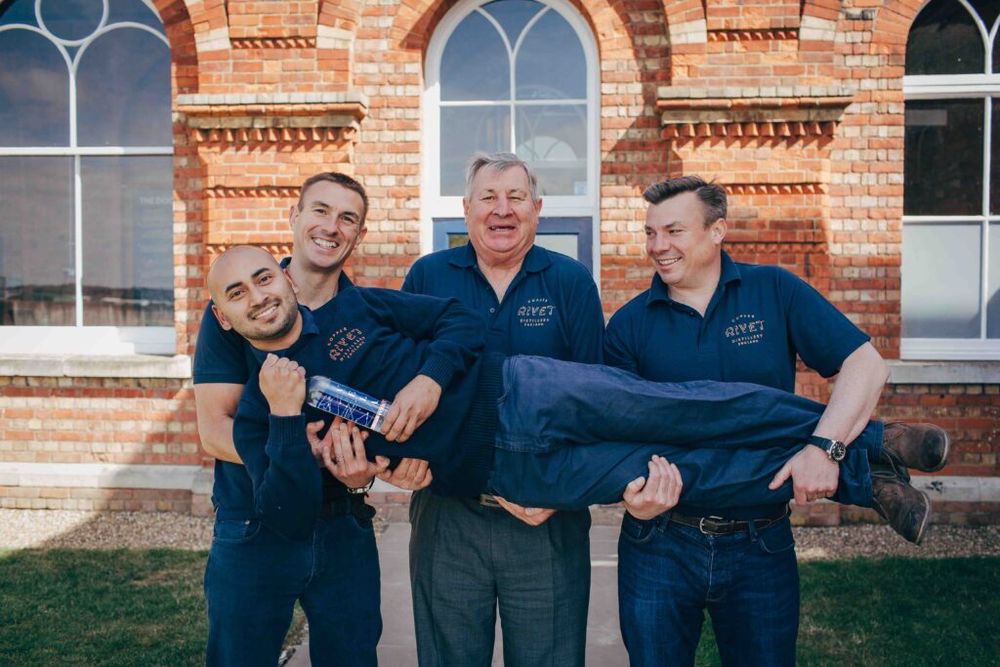
Teamwork and being a closely family unit has been key in helping the Russell family and their Copper Rivet Distillery business through the Covid-19 crisis: left to right, Stephen Russell, Bob Russell and Matthew Russell, the three founders of Copper Rivet Distillery holding up distiller, Abhi Banik
But my new professional life as a cutting-edge Kentish distiller brought some surprises. The challenges faced by our team were so unexpected that they were harder to overcome individually, but the upside was they led us to closer teamwork. Working in a smaller business meant taking more decisions, but they were, and are, relatively more meaningful.
In fact, working with family in an intense crisis felt easy and totally natural.
Thinking on your feet
While the investment banks in which I worked were bigger and more complex than our distillery business (an understatement), I find I make more decisions and they have to be made more immediately. There’s no committee to refer to, no boss to delegate up to and no subject matter experts to whom to defer: And when people ask me to take a decision, it needs to be taken right away – not at a meeting scheduled for a week or month’s time.
It’s a big change, a shift from analysing a problem and finding the supposed solution, to being asked for a decision with almost no data or analysis and for which only your personal judgement can be used. That’s what makes it exciting.
In that context I found myself making more decisions, more frequently and making more mistakes. And although, paradoxically, the mistakes made were less costly in absolute terms, they are far more consequential in relative terms; and those consequences have an immediate and real impact – physical waste, real cash flow issues, and physical work having to be redone. It is not as simple as recalling an email, then issuing a red-faced apology and moving on.
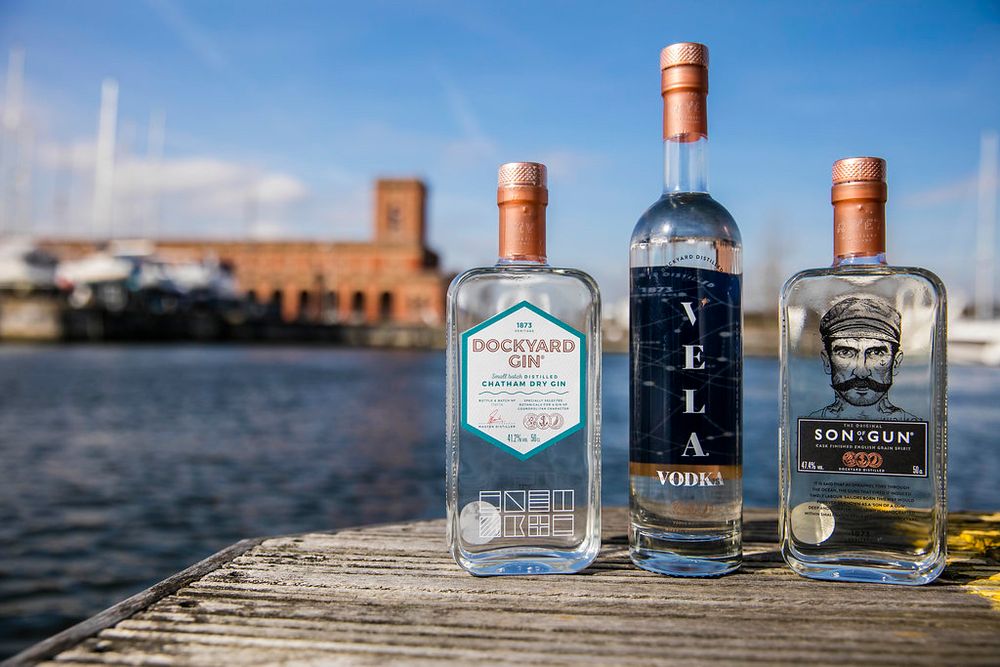
Producing real products, and brands that matter to the customers who buy them gives the Russell family a sense of achievement and purpose
In contrast, the rewards of a job well done in our distillery can feel much bigger. When we do a job well, people enjoy our physical product in a tangible way: We can actually manufacture joy and the pay-off from that is a huge boost. It feels like we’re part of a community, and of the real world.
It’s all about the people
As a banker, I always felt privileged to be working with people who were considered among the best, brightest and most committed workers. The financial crisis brought out the best in many of my former colleagues but, as the pressure began to mount, it also exposed flaws and frailties in many of them and the system they’d created.
I’d always heard that finding ‘good’ people outside of the rarified world of global services was difficult – “there just aren’t the people”, I was told. But having worked on both sides of the fence, I can honestly say this simply isn’t true.
At our Copper Rivet distillery, the response to the pandemic, the challenges and the ambiguity which have come in its wake have been incredible. We switched from distilling farm-to-glass high-end spirits one day to manufacturing hand sanitiser 24/7 the next.
Our tiny production team began working – literally – around the clock. Our sales team flipped immediately from selling story-rich crafted spirits to making sure that those who needed hand sanitiser got it.
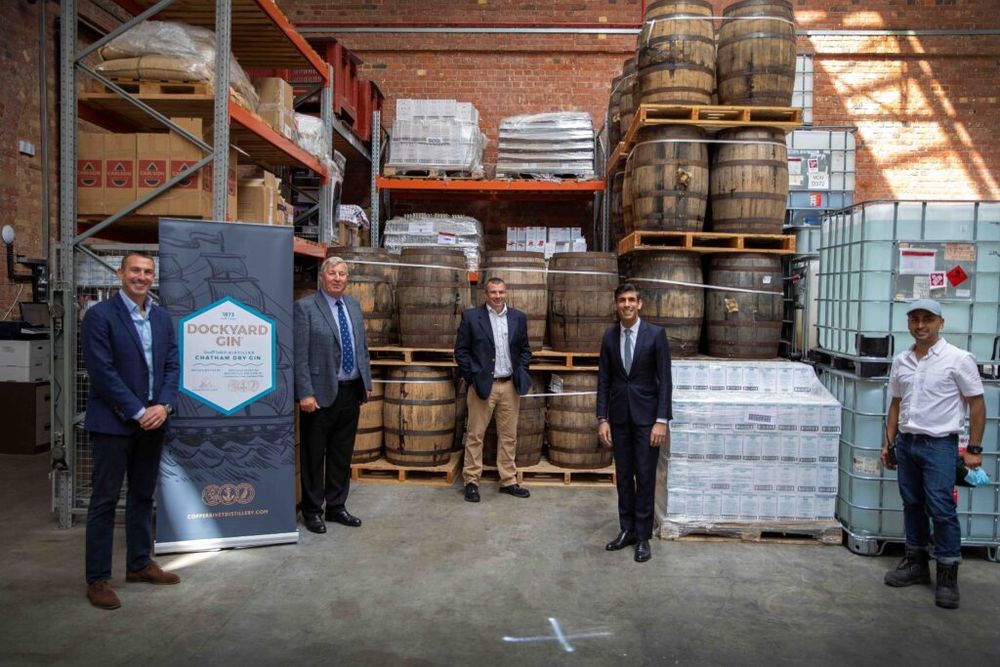
The Russell family with the Chancellor, Rishi Sunak, who came to visit when they were able to switch the distillery over to making hand sanitiser during the first wave of the pandemic
In an instant, everybody’s roles, working hours and working conditions were transformed: They hadn’t signed up for this, they didn’t know how to do the new role, nor where it would take them. Did they question? Did they quibble? Were there wobbles? No.
Working under pressure, with an ambiguous future over long periods of time exposes weaknesses in people. Our business was either lucky with its team or our people are smarter, tougher and more committed than they have given themselves credit for.
Control your own destiny
A key selling point or USP of Dockyard Gin and Vela Vodka has always been that we are one of the very few who distil from farm to glass – we take the same approach to them as we do when we distil our Masthouse Whisky, meaning we control the entire process from choosing the grain variety to bottling the final spirit. This ‘control’ paid dividends during Covid.
We had chosen this route because we wanted to introduce a true sense of craftsmanship to our spirits. Call it integrity of production, if you will. We did not want to simply buy ready-made alcohol from overseas like almost every other craft gin distillery.
Our chosen route also allowed us to introduce ourselves to the market as people who take distilling seriously, and to begin a conversation about whisky making. Finally, we felt that it might give our Dockyard Gin and Vela Vodka longevity for its premium positioning and a memorable standout in a very crowded market.
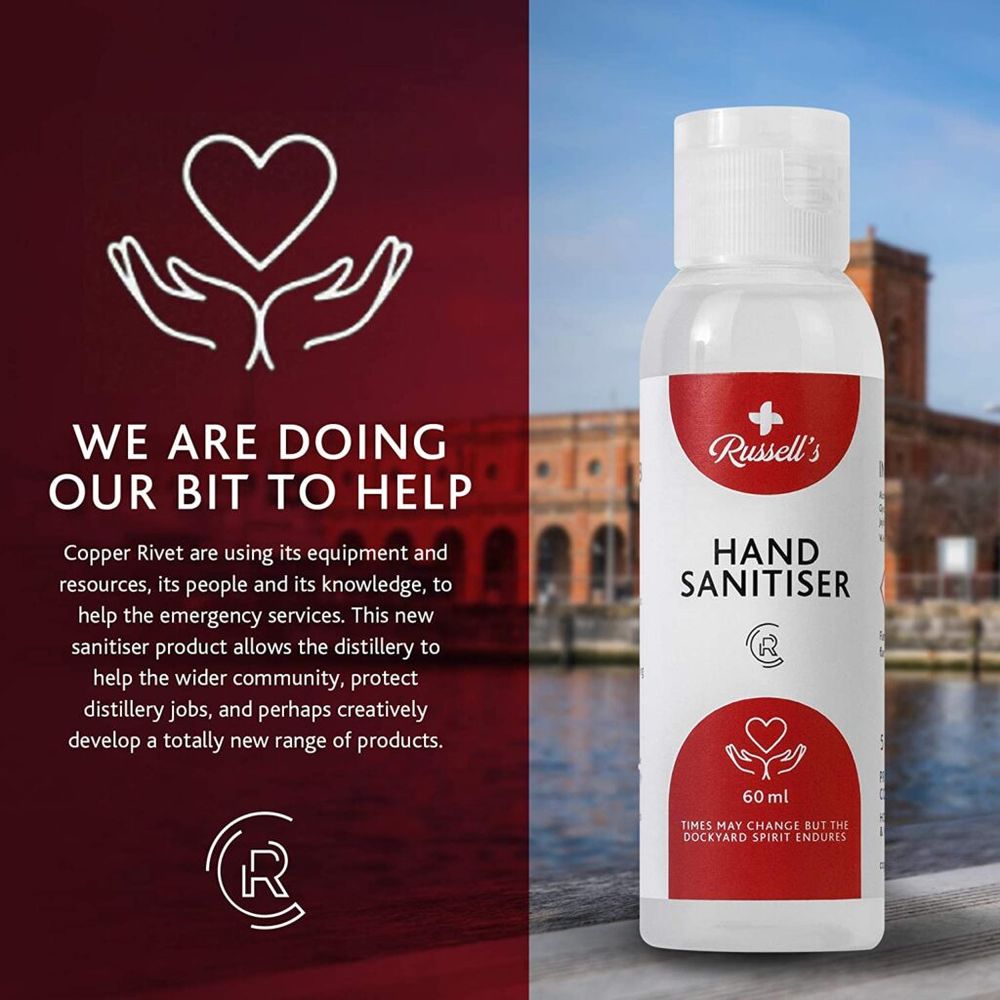
As the Russells produce their own alcohol they were able to guarantee the government, and emergency services the constant supply of its hand sanitiser as it was not relying on buying in alcohol stocks
Incredibly, when the pandemic crisis struck, and many craft distilleries took to making hand sanitiser using their bought-in pure alcohol, the supply of imported alcohol dried up. But because we make our own alcohol, we were one of just a few companies in the UK who could guarantee supply of hand sanitiser to the emergency services both at scale and with the certainty of a delivery timescale (we promised delivery within five working days of an order).
Our deep knowledge of distilling allowed us to reconfigure our process, and we shifted from using high grade, super premium distillers’ beer we brew ourselves to shipping 500,000 litres of beer from breweries who were pouring it down the drain after it was recalled from Britain’s pubs.
We worked 24 hours a day making hand sanitiser for many months and during those long, scary, and hot-but-productive days I found myself finding it a bit poetic that the very thing which makes us stand out from the crowd is the very thing which made us useful in the crisis. And that is making our own base spirit.
Traceability in spirit making and farm-to-glass gin and vodka is becoming increasingly interesting to consumers as they search out quality, authenticity and the real story behind their drinks. We hope this will serve us well in the long run as we all emerge from this crisis.
Have Faith in Family
One of my role models is Jocko Willink, a leadership guru who draws on his experience as a combat leader – one of his beliefs being that to be effective, a team must be able to ‘cover and move’.
In his combat world this means one soldier lays down a base of fire to cover his team-mate, who can then move forward towards the enemy. In a relationship, it could mean having a partner who can look after the kids while you take care of what you need to do. In sport, it means drawing the defence so you can pass to a team-mate in an open position. In business, it means having colleagues who can cover certain responsibilities so that you can press forward with other matters and vice versa.
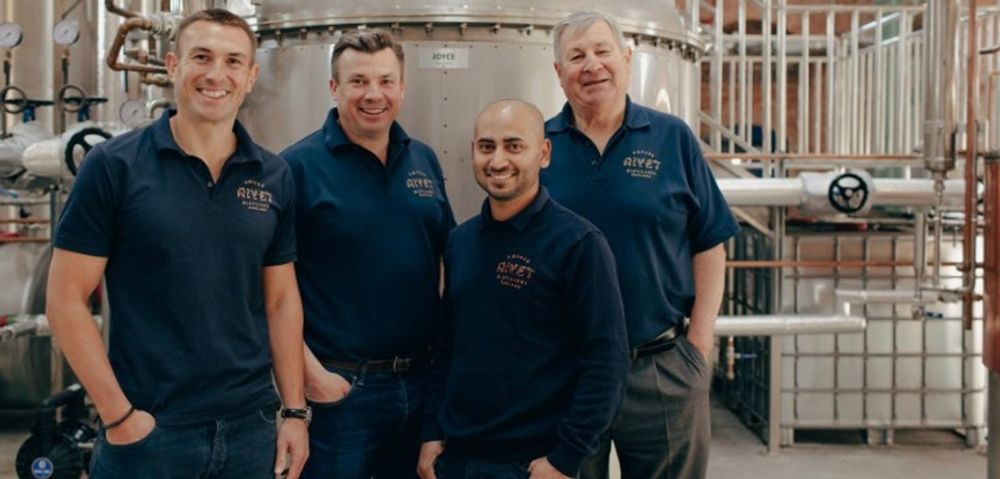
The close family mentality has been key to Copper Rivet’s success and particularly so over the last 12 months
To be able to ‘cover and move’, you have to be able to read each colleague, anticipate their intent, and trust they’ll deliver. In high performing, elite teams it takes years of training, rehearsal and repetition to get to a position of being able to do this smoothly. And we all know when we’re in a team which operates like this – it feels slick, smooth and easy. I’ve been in those teams. It takes time and work but if it succeeds, it’s such a great and rewarding feeling.
People often ask, after my years in high finance in the City, what it’s like working with family. I think their underlying assumption is that it must be frustrating, annoying and even conflictual at times. It’s not all plain sailing, that’s for sure, but when it comes to being able to ‘cover and move’ it just comes naturally. Who better to be able to read and anticipate than family, someone you’ve known your entire life and whose motives you can trust absolutely?
In conclusion…
I’ve now seen crises both from the perspective of one the world’s biggest companies and from a tiny family run business. Crises bring the true nature of your environment and your organisation’s strengths and weaknesses into sharp relief. There are more similarities between the two than I imagined, but I’ve been surprised by the weight of the accountability I’ve found in a smaller, supposedly more laid-back environment. Working so closely with family has been a pleasant surprise; indeed, I don’t think we’d have fared as well as we have if we were simply colleagues.
As we are now in our third lockdown, and the end seems to be in sight, there is a sense of relentlessness to this crisis. We don’t know how badly damaged our business will be, once things are normal again. I remember that it was the same in the Global Financial Crisis. And I hope that, by trying to act with integrity, treating people well, and making products with an enduring passion for the enjoyment they give to our customers, we’ll arrive at an even better place – eventually…now where’s my gin and tonic?
- If you would like to share the story of how you or your business has responded to the Covid-19 crisis then contact Richard Siddle at richardsiddle@btopenworld.com.



